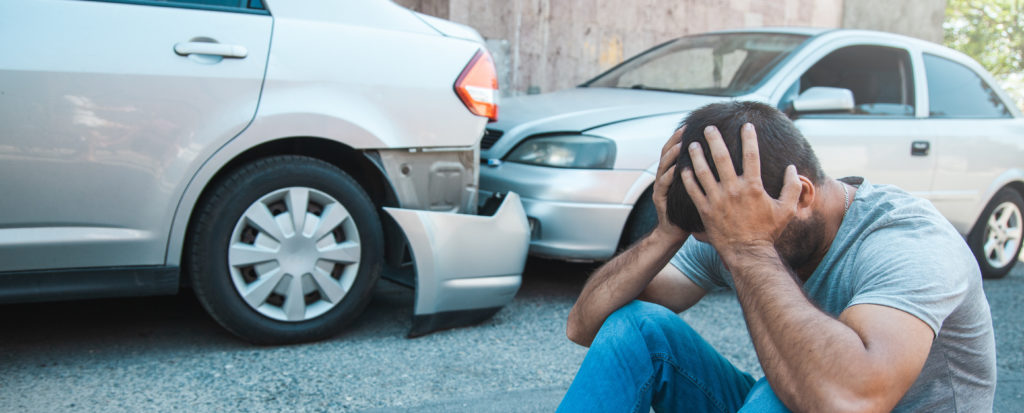
Why is it challenging?
Louisiana is the second most expensive state in the nation for purchasing auto insurance, and it ranks 20th in the country for the number of uninsured motorists cruising its highways. In an effort to encourage drivers to buy adequate coverage, the legislature passed the Omnibus Premium Reduction Act of 1997, which has a provision that penalizes uninsured and underinsured drivers.
The statute 32:866 reads (in part):
“[t]here shall be no recovery for the first fifteen thousand dollars of bodily injury and no recovery for the first twenty-five thousand dollars of property damage based on any cause or right of action arising out of a motor vehicle accident, for such injury or damages occasioned by an owner or operator of a motor vehicle involved in such accident who fails to own or maintain compulsory motor vehicle liability security.”
This means that fault doesn’t matter. If you don’t carry insurance, you forfeit your right to receive compensation for the first $15,000 of your bodily injuries, and no recovery for the first $25,000 of property damage.
Are there exceptions?
Yes, there are several. The No-Pay, No-Play Statute does not apply if:
• Your uninsured car was parked at the time of the accident.
• The other driver is convicted of driving while intoxicated, intentionally caused the crash, fled the scene or was furthering the commission of a felony at the time of the accident.
• The law does not apply to a passenger’s claim unless the passenger is a co-owner of the uninsured vehicle.
Also, if your medical expenses and other losses are determined to exceed the limitations/penalties stipulated in the statute, then you may be able to claim losses in excess of those limitations.
Filing a claim
If you are injured in an auto accident where another driver is at fault, the first step is to immediately file an insurance claim with that at-fault driver’s insurance company. There are several things to consider in calculating loss, estimating lost wages and future earnings, and calculating the medical expenses related to your injury over time.
An attorney can assist you with such valuations, filing the claim, as well as with all interactions with the attorneys representing the at-fault driver. In complex cases, settlement discussions can take place over weeks or months, as different scenarios and amounts are presented and discussed.
If a settlement can’t be reached, your attorney may recommend the filing of a formal personal injury lawsuit against the insurance company. In Louisiana, this means that you or your attorney must file a “petition for damages” with the local court that has jurisdiction, and names the at-fault driver/insurance company as the defendant.
After the initial petition is filed, you and the defendant — both sides — must submit documents, written testimony, and other items related to the case. This is called the discovery period, and there are settlement negotiations during this time, too, because insurance companies don’t want to go to court if they can avoid it.
If a satisfactory settlement isn’t reached, the case goes to court, and a jury decides whether to award damages, as well as the amount of those damages.
Don’t wait too long
The statute of limitations for filing an auto accident personal injury lawsuit is one year from the date of the accident.
The attorneys at Lamothe Law Firm help individuals, families, and businesses who have been injured through the negligence of others, helping them understand their legal options for recovering damages after an accident. Contact us for a free consultation.









